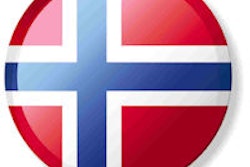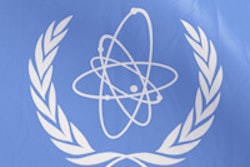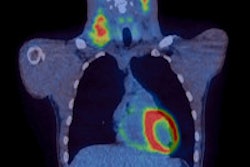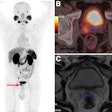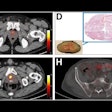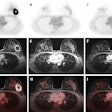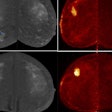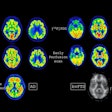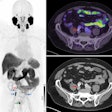Dear Molecular Imaging Insider,
This issue of the Molecular Imaging Insider offers an exclusive first look at a new study highlighting how the use of respiratory-gated PET/CT can significantly improve the diagnosis of small colorectal liver metastases.
Norwegian researchers concluded that the few additional minutes it takes to perform a respiratory-gated PET/CT scan can increase sensitivity, but a successful outcome depends greatly on the patient's ability to remain still during the extra image acquisition time to ensure correct registration and attenuation correction between PET and CT images. Read more about the finding by clicking here.
Vienna recently hosted five international experts whose task is to develop global training recommendations to reduce radioactive doses in nuclear myocardial perfusion imaging. The team is advising the International Atomic Energy Agency's Nuclear Medicine and Diagnostic Imaging section on how best to standardize medical guidelines, train health workers, and aid developing nations in acquiring modern imaging and treatment technologies. Get the details here.
A negative PET scan immediately after three cycles of chemotherapy for early-stage Hodgkin's lymphoma can identify patients with an excellent prognosis and avoid unnecessary additional radiation therapy. That conclusion comes from a U.K. study that found that after five years, patients with stage IA or stage IIA Hodgkin's lymphoma and a negative PET scan had an overall survival rate without disease progression of 90.5%. Click here to read more.
In addition, Portuguese researchers are using SPECT to detect Parkinson's disease with 98% accuracy by employing quantitative automated analysis based on machine learning. The approach outperformed visual analysis and other automated techniques and enabled more appropriate and timely treatments for some 654 patients in the study.
We also want to remind our readers that the annual meeting of the Society of Nuclear Medicine and Molecular Imaging (SNMMI) is just a few weeks away. AuntMinnieEurope.com will be onsite to cover the event. Watch for updates in the Molecular Imaging Community.






